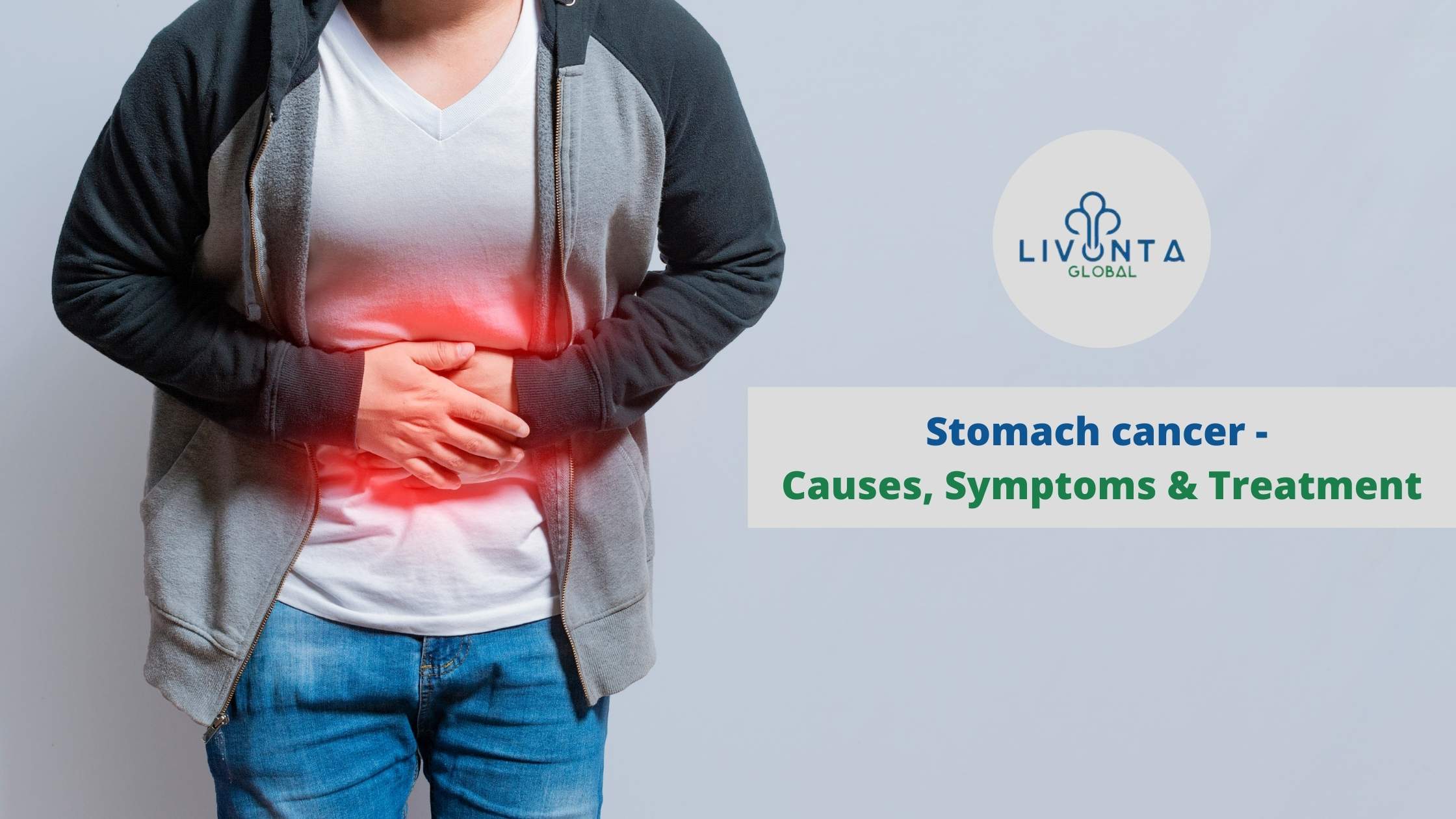
Stomach cancer – Causes, Symptoms & Treatment
The World Health Organization (WHO) reports that gastric cancer, often known as stomach cancer, killed 769,000 people globally in 2020. It is the third-leading cause of cancer-related fatalities and the sixth most prevalent cancer in the globe. Cancer treatment in India is getting more popular amongst foreign patients as there are many hospitals proving all-inclusive care at an affordable cost.
Gastric carcinomas, also known as adenocarcinomas, make up about 90–95 percent of all stomach cancers. Cancer hospitals in India can treat the mucosal cells that are formed in the stomach lining.
Stomach cancer symptoms
Early-stage symptoms of stomach cancer may mimic other health conditions such as stomach ulcers. The common symptoms include –
- always feeling full, even during meals
- difficulties in swallowing
- feeling unnecessarily bloated after meals
- frequent burping
- heartburn
- frequent indigestion
- stomach ache
- pain in the breastbone
- trapped wind
- blood vomiting
Advanced Symptoms of Stomach Cancer
- anemia
- a buildup of fluid in the stomach
- black stools with blood
- extreme fatigue
- loss of appetite
- unexplained weight loss
Stomach Cancer Causes and Risk Factors
While the exact origin of stomach cancer is not always known, some factors may raise the risk of getting this disease. The two most prominent causes include –
H. pylori infection causes intestinal metaplasia in the stomach, whereby the stomach’s lining is replaced by cells that would typically line the intestine.
peptic ulcers of the stomach
Pernicious anaemia, which can arise from a vitamin B12 deficiency, chronic atrophic gastritis, or long-term stomach inflammation that thins the stomach lining, and through stomach polyps
Certain genetic conditions also add to the chances of stomach cancer such as –
- Li-Fraumeni syndrome
- familial adenomatous polyposis (FAP)
- Lynch syndrome
- type A blood
Other factors that can contribute to stomach cancer include –
- Smoking
- Family history
- Uncontrolled diet
- Age
- Surgeries
Did you know, that men are more likely to get stomach cancer than women?
Treatment
Surgery
A margin of healthy tissue around the stomach cancer may need to be surgically removed. Endoscopic mucosal resection, partial gastrectomy, and total gastrectomy are examples of possible surgical procedures.
Radiation therapy
A medical professional directs radioactive rays at malignant cells to destroy them. Treatment for stomach cancer does not frequently use this kind of therapy. To assist decrease the stomach tumour prior to surgery or if the cancer is advanced or produces severe symptoms, it might be necessary.
Chemotherapy
This specialised treatment prevents cancer cells from quickly proliferating by preventing them from dividing and replicating. The main kind of treatment for stomach cancer that has spread to other parts of the body is chemotherapy. A cancer care team may also use chemotherapy to reduce the size of the tumour before surgery or eliminate any cancer cells that remain after the operation.
Targeted drugs
These treatments identify and target particular proteins that cancer cells produce. Two specific drugs are given intravenously (IV) to patients with stomach cancer by cancer care teams. They are Ramucirumab and Trastuzumab (Herceptin) (Cyramza).
Prevention
There is no way to completely prevent stomach cancer. One can, however, take precautions to lower the risk of contracting the illness. They consist of the following:
- The risk of stomach cancer can be decreased by a number of dietary changes.
- Smoking tobacco may raise the possibility of developing stomach cancer close to the oesophagus.
- Aspirin, naproxen, or ibuprofen are NSAIDs that may lessen the chance of developing stomach cancer. They do, however, come with added dangers, like potentially fatal internal haemorrhage.
- The risk of stomach cancer is greatly raised in those with Lynch syndrome and hereditary diffuse gastric cancer syndrome. Following a doctor’s advise, recognising issues and taking actions can lessen the risk.

